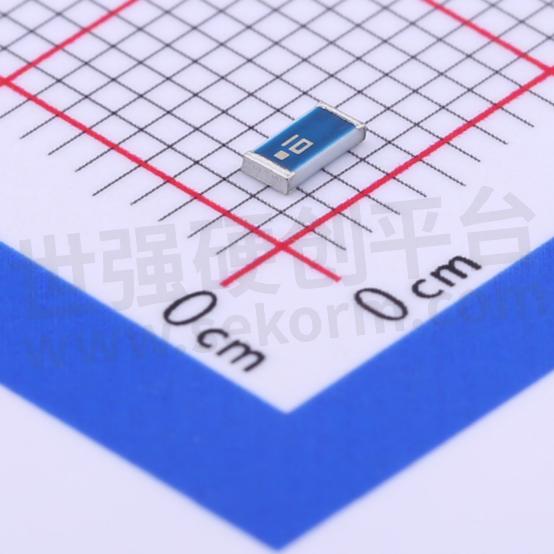Ceramic Antennas: Principles, Characteristics, and Their Applications in Wireless Communication

Ceramic Antennas, as essential components in the field of wireless communication, have garnered widespread attention due to their unique performance characteristics and extensive application areas. This article aims to provide a detailed explanation of the principles behind ceramic antennas, aiding readers in better understanding their operational mechanisms and application scenarios.
I. Basic Concepts of Ceramic Antennas
Ceramic antennas are antennas constructed using ceramic materials, known for their high performance, reliability, and miniaturization advantages. Typically, ceramic antennas comprise components such as dielectric substrates, radiating elements, and feed networks. The dielectric substrate, made from low-loss, high-dielectric-constant ceramic materials, is crucial for enhancing the antenna's performance.
II. Operating Principles of Ceramic Antennas
The operational principles of ceramic antennas rely on the propagation and radiation characteristics of electromagnetic waves. When high-frequency signals from the feed network pass through the radiating element, they generate electromagnetic waves that radiate into the surrounding space. The performance of ceramic antennas primarily depends on factors such as their structure, dimensions, materials, and operating environment.
1. Structure and Dimensions
The design of the structure and optimization of dimensions are key to achieving high performance in ceramic antennas. By designing the shape, quantity, and arrangement of radiating elements appropriately, as well as adjusting the structure of the feed network, ceramic antennas can exhibit excellent performance within specific frequency bands.
2. Material Selection
The dielectric substrate of ceramic antennas utilizes low-loss, high-dielectric-constant ceramic materials to enhance radiation efficiency and gain. Additionally, selecting suitable conductive and insulating materials ensures the antenna's electrical performance and mechanical strength.
3. Operating Environment
The operating environment of ceramic antennas can also impact their performance. Factors such as temperature, humidity, and mechanical vibration may affect the antenna's performance. Therefore, in practical applications, optimizing the design of ceramic antennas according to specific scenarios is necessary to ensure their stability and reliability.

CHIP Surface Mount Ceramic Antenna 3216 Blue SMD WIFI/Bluetooth KH-RFECA3216060A1T_V09
III. Application Scenarios of Ceramic Antennas
Ceramic antennas, due to their advantages such as high performance, reliability, and miniaturization, find extensive applications in the field of wireless communication. Below are several typical application scenarios:
1. Mobile Communication
Ceramic antennas are widely used in mobile communication devices such as smartphones, tablets, etc., enabling high-quality wireless communication services.
2. Internet of Things (IoT)
In the IoT domain, ceramic antennas facilitate wireless communication among various smart devices, facilitating data transmission and sharing.
3. Satellite Communication
Ceramic antennas are also applicable in the field of satellite communication, meeting the high-performance requirements of satellite communication due to their superior performance and stability.
4. Vehicle Communication
Ceramic antennas have broad applications in vehicle communication, such as in-car navigation systems, vehicle networking, etc.
IV. Conclusion
As antennas with advantages such as high performance, reliability, and miniaturization, ceramic antennas are playing an increasingly important role in the field of wireless communication. By comprehensively understanding the principles and application scenarios of ceramic antennas, we can better utilize this technology to promote the development and application of wireless communication technology.
- +1 Like
- Add to Favorites
Recommend
This document is provided by Sekorm Platform for VIP exclusive service. The copyright is owned by Sekorm. Without authorization, any medias, websites or individual are not allowed to reprint. When authorizing the reprint, the link of www.sekorm.com must be indicated.
































































































































































































































































































































































































































































































































































































































































































































































































































































































